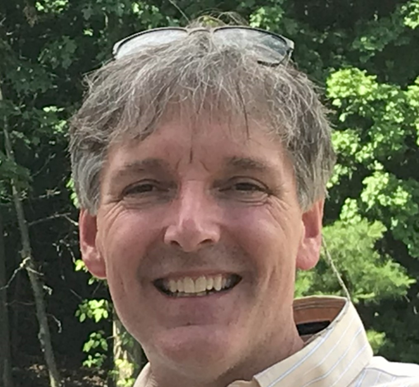 | John Anderson has been engaging in climate change education since the late 1990s when joined the board of the NH Science Center Collaborative and began facilitating their Meet the Scientists program that brought teachers together with climate scientists. He also facilitated the collaborative’s Climate Change Backpack program – teaching educators with a toolkit for use in classrooms or on hikes. As Director of Education at New England Aquarium, he helped to envision and then lead the National Network for Ocean & Climate Change Education (NNOCCI.org). In recent years, he has also led workshops for multi-faith groups. Anderson earned his BA in biology from Oberlin College and MA in cell physiology from Boston University. |
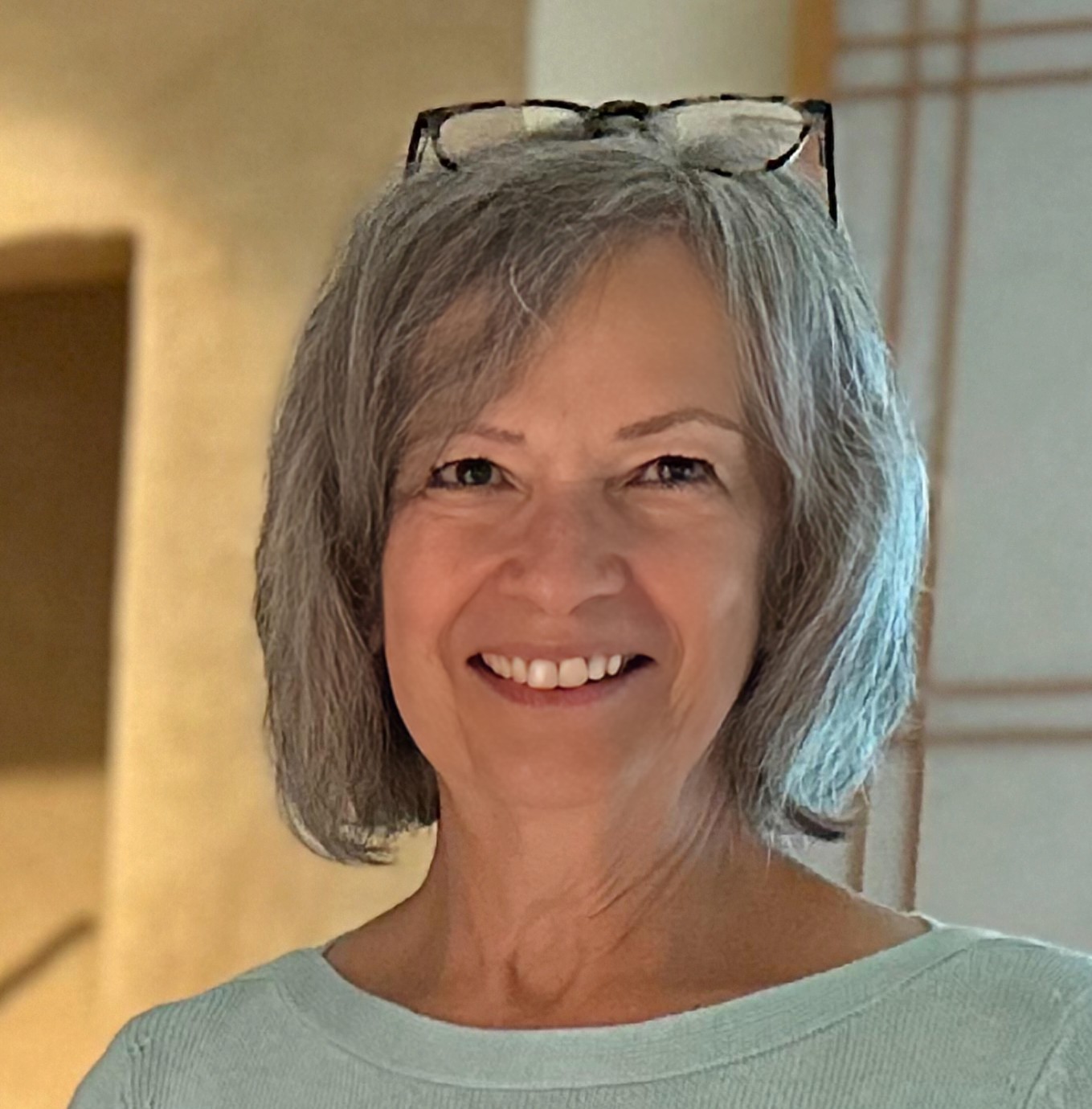 | Peggy DiVincenzo is a retired psychotherapist with a specialty in trauma recovery. Since the first Earth Day in 1970, she’s had a passion for protecting the earth, and is now a volunteer with Elders Climate Action, Third Act and other local, climate change nonprofits. She’s a certified mindfulness meditation teacher and mentor, and has developed applications of meditation and compassion practices for climate grief and anxiety. Peggy has a B.S. in Psychology from SUNY Geneseo, and a M.S. in Counseling Psychology from the University of Utah. In her spare time she enjoys hiking, birding, and exploring the beautiful Virginia countryside. |
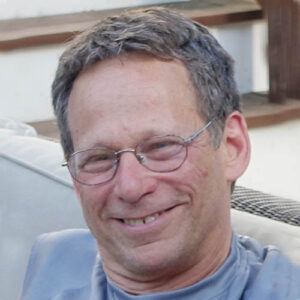 | Seth Evans serves on the leadership team of Elders Climate Action Massachusetts. Recently retired from 19 years of teaching elementary school in Needham, MA, he remains active in the Massachusetts Teachers Association. Seth has also organized service workers in a Boston hospital, worked as a consultant to worker-owned businesses, and founded and managed a worker-owned home health care company. The father of two grown children, he lives in Brookline, MA. Seth has a B.A. in Biology from Antioch College, an MBA from Boston College, and an MAT from Simmons College. |
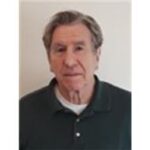 | Jon Greene is an adjunct professor in construction project management at San Jacinto College. He graduated from Yale University and earned a Master’s in Civil Engineering at Columbia University. His engineering career included 30 years of environmental consulting, permitting and remediation, including expert witness work on behalf of the Government of Ecuador. Jon’s concerns about the environment and climate change led him to working with others to help develop and teach the “Can We Stop Climate Change?” course. |
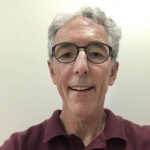 | Ted Hall is a recently retired educator who taught chemistry and environmental science in Massachusetts and Arizona for 17 years, followed by 19 years as a school administrator (17 as principal) in New Hampshire and Maine. For the last seven years, Ted was a school coach for Great Schools Partnership where he coached schools throughout New England, Colorado, Michigan, and California. He has both a B.S. in chemistry and an M.Ed. in science education from the University of Maine. He has been co-leading “Can We Stop Climate Change” courses since the winter of 2021. As a science teacher, he brought environmental topics alive in his classroom and has maintained an interest in climate science since that time. He lives in southern Maine where he spends lots of time kayaking, cycling, hiking, and cross country skiing. |
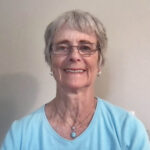 | Margie Lee’s background is in government and public policy. Now retired, she previously worked in higher education administration, and as a volunteer educator for grassroots initiatives like Energyfast, Beyond War, and Foundation for Global Community. She has supported local environmental programs like town Earth Day celebrations, banning single use plastics, and educational programs. She loves being in the out-of-doors, whether gardening, walking, cycling or other sports. She has a keen appreciation of nature and seeks to preserve a healthy world for her three grandsons and future generations. She has a B.A. in Government from Skidmore College, and a Graduate Certificate from the Boston College program on Women in Politics and Public Policy. |
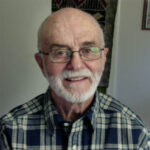 | Tony Lee lives in the Boston area and is a retired CPA and former US Navy officer. He began working on environmental and non-profit causes in 1980 with Friends of the Earth, and has continued to do so throughout his life, particularly around climate change. He has developed and led the Can We Stop Climate Change course in conjunction with Elders Climate Action. When Tony isn’t teaching about climate change he enjoys mountain biking and gardening. He has a B.A. in Economics from Yale University and an MBA from Rutgers. |
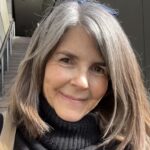 | Renee Purdy retired in 2023 from a 34-year career in public service. Most recently, she was the executive director of the Los Angeles Regional Water Quality Control Board, part of CalEPA, where she was responsible for surface water and groundwater protection in a large part of Southern California. Prior to her 25-year career in California, she worked in Massachusetts, North Carolina and Virginia. She has held roles as a researcher, consultant, policymaker and regulator. She has a B.S. from the College of William and Mary and an M.R.P. from UNC Chapel Hill. Her passion around sustainability and environmental protection began at 15 and continues to this day. She is now based in Richmond, Virginia closer to her grown daughter and the rest of her family. In retirement, she is enjoying more reading, yoga, gardening and cooking. She still drinks a lot of coffee. |
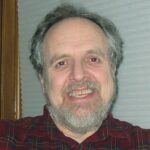 | Tom Rawson is a recently retired 7th- and 8th-grade science teacher who lives near Boston. He leads Can We Stop Climate Change courses, works on climate change education with Mass. Audubon, is an En-ROADS Climate Ambassador, and is a leader in Third Act Massachusetts. His environmental interest began with work on campus for the first Earth Day in 1970; his interest in climate change grew beginning 12 years ago when he started teaching it to 8th-graders. Before becoming a teacher Tom ran his own software business for many years. He spends his free time doing carpentry, bicycle riding, and hiking. He has a B.A. in Biology from Swarthmore College, an M.S. in Biomathematics from the University of Washington, and an M.Ed. from UMass Boston. |
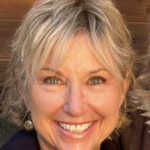 | Betsy Riley lives in San Antonio, Texas, where she practiced general civil law for 34 years. She first became interested in climate change about 20 years ago when she was exposed to the wisdom of Jeremy Rifkin. The intense winter of 2021 and summers of 2022 and 2023 in south Texas convinced her more than ever that climate change was the single most important issue of our day. Now that she’s retired she spends several days a month with the local chapter of the League of Women Voters, registering voters at naturalization ceremonies and local colleges and universities. She feels that getting out the vote is one of the most effective ways to address climate change. Betsy received her undergraduate degree in English from the University of Texas at Austin and her JD from St. Mary’s University. She has three grown children and two grandchildren. |
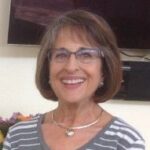 | Elizabeth San Marco is a retired elementary educator, life-long learner, spiritual seeker, grandmother and now activist, interested in preserving our beautiful earth for future generations. She is mentored by the young people in Montana who know that our mission is a “clean and healthful environment”. Elizabeth holds a BS in Education from Texas State University and a Masters in Education from Butler University, and recently completed the Compassion Integrity Training offered through Life University. |
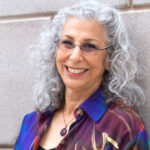 | Ellen Siegel is a former Miami investment manager, She moved to Gainesville, Florida, where she studies climate science at the University of Florida. With a BA in Education from the University of Pennsylvania and an MA in Social Psychology from Goddard College, Ellen created Climate Conversations 101, for the University of Miami’s OLLI, as well as Gainesville’s Oak Hammock’s Institute for Learners in Retirement. Her passion in retirement is to amplify the message: warming is real, it’s bad, together we can fix it! |
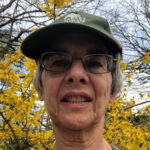 | Leslie Wharton was raised in the countryside north of Philadelphia, where she spent most of the time she was not in school enjoying the trees, fields, babbling brooks and wildlife. She learned about climate change in 2007, and has been a climate activist ever since. Leslie worked for 38 years as an attorney, first in private practice and then for a government agency. Her passion and focus in retirement is on addressing climate change while there is still time. She currently serves as Chair of Elders Climate Action, a national non-profit engaging elders to take action to protect the well-being of our children, grandchildren, and all life. She has a B.A. from Boston University, a Ph.D. in History from Princeton, and a J.D. from Harvard Law School. |
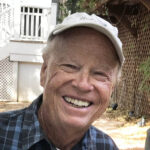 | Bill Woodfin is a retired neurologist and fifth generation Texan whose family has long been in the cattle ranching and oil and gas businesses. Over the past 40 plus years he and his wife have tended what was once a horse farm and has evolved into more of a wildlife sanctuary. They have a particular dedication to native plant and grassland restoration and providing habitat for fauna and flora in one of the most rapidly growing counties in Texas. He began to educate himself on climate change 12-13 years ago when he became curious about the relation of global warming to the expanding range of disease vectors including mosquitoes and ticks. His interest and concern became all the greater with the subsequent birth of his four grandchildren. He has been active locally in the Native Plant Society of Texas, Audubon, and with The Heard Museum of Natural History and Wildlife Sanctuary. He obtained his B.A. from Yale College and his M.D. from Baylor College of Medicine. He served in the Army Medical Corps in the early 1970s. |














